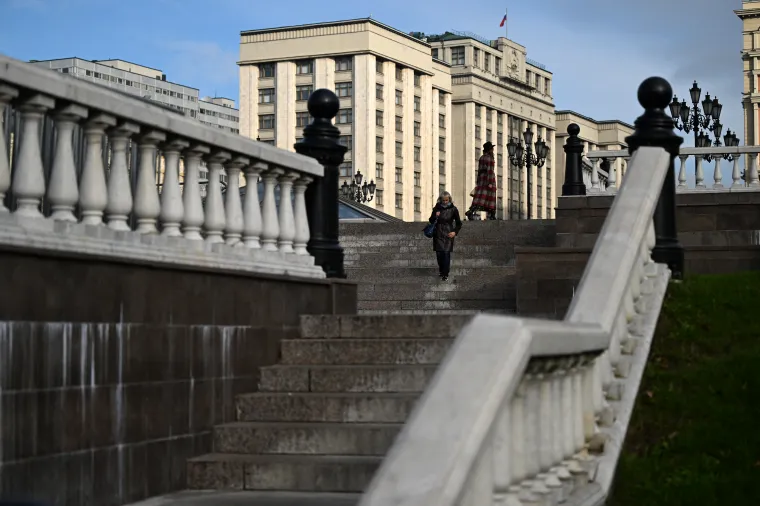Paris, March 2, 2023 – In response to multiple news reports that the lower house of the Russian parliament adopted amendments on Thursday, March 2, to expand existing penalties for spreading “fake” information about or discrediting participants on Russia’s side of the war in Ukraine, the Committee to Protect Journalists issued the following statement of condemnation:
“A year after establishing total censorship over reporting on the actions of the Russian army in Ukraine, which effectively gutted most of the country’s independent media, Russian authorities are determined to further tighten the noose on dissenting voices,” said Gulnoza Said, CPJ’s Europe and Central Asia program coordinator, in New York. “Russian legislators should drop the newly proposed amendments to the infamous ‘fake’ news laws and let the media report freely about the actions of all Russian fighters in Ukraine.”
In March 2022, Russian lawmakers adopted changes to the country’s laws imposing fines and prison terms for discrediting the country’s military and the actions of government agencies abroad or spreading “fake” information about them.
On Thursday, the State Duma, the lower house of Russia’s legislature, passed amendments that would expand those laws to include all organizations and individuals who assist in the war, including fighters for private military companies, such as the Wagner Group.
The bill’s final reading is expected on March 14, after which it will go to the upper house of parliament and then to President Vladimir Putin to be signed into law, according to those reports and the State Duma’s website.
The amendments would also increase the punishment for violations from three years imprisonment to five, with a potential increase from five to seven years for discrediting actions that result in death, harm to citizens or property, mass violations of public order, or interference with life support facilities.
The amendments do not change that those convicted of disseminating “fakes” with aggravating factors, such as using their official position or acting out of hatred, face an increased sentence of up to 10 years imprisonment or 15 years when the dissemination results in “grave consequences.”
